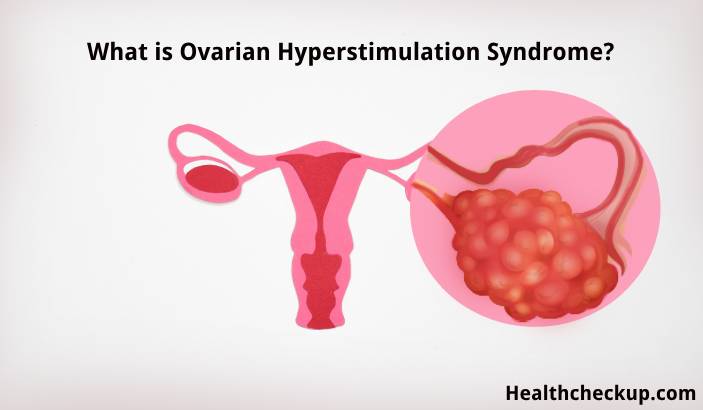The Antineutrophil Cytoplasmic Antibodies (ANCA) test is a specialized blood test used primarily to detect antibodies that may be associated with certain autoimmune disorders, particularly vasculitis. Vasculitis involves the inflammation of blood vessels, which can cause significant organ and tissue damage.
Purpose of the ANCA Test
- Diagnosis of Vasculitis: Essential for diagnosing types of vasculitis, such as granulomatosis with polyangiitis (formerly known as Wegener’s granulomatosis) and microscopic polyangiitis.
- Monitoring Disease Activity: Helps in monitoring disease activity and response to therapy in patients diagnosed with vasculitis.
- Differential Diagnosis: Assists in distinguishing between vasculitis and other similar symptoms or conditions, aiding in more accurate treatment planning.
Preparation for the ANCA Test
- No Fasting Required: Fasting is not required for the ANCA blood test, making it convenient for patients.
- Medication Disclosure: Patients should inform their doctor about all medications they are taking, as some medications can interfere with test results.
- Stress and Illness: Physical stress and recent illnesses can affect test results, so it’s important to discuss these factors with your healthcare provider.
Procedure of the ANCA Test
- Sample Collection: A small sample of blood is drawn from a vein, typically in the arm.
- Handling and Processing: The sample is then processed in a laboratory where the ANCA are detected using techniques such as indirect immunofluorescence or enzyme-linked immunosorbent assay (ELISA).
- Duration: The blood draw itself only takes a few minutes, although results will generally be available a few days after testing.
Normal Results
- Typically Negative: A normal ANCA blood test result is usually negative, meaning no ANCA were detected in the blood.
- Positive Results: Positive results can vary based on the type of antibodies detected (c-ANCA or p-ANCA), which are associated with different types of vasculitis.
Results Interpretation
- Positive ANCA Test: A positive result suggests the presence of ANCA that may be associated with autoimmune vasculitis. Further testing and clinical evaluation will often be necessary to confirm the diagnosis.
- Negative ANCA Test: A negative result generally indicates the absence of the specific autoantibodies associated with vasculitis, though it does not rule out other conditions.
- Specificity and Sensitivity: While ANCA tests are helpful, they are not definitive alone. The results must be interpreted in the context of symptoms and other diagnostic tests.
Risks Associated with the ANCA Test
- Minimal Physical Risks: Similar to any routine blood test, the risks include minor pain or bruising at the needle site, and very rarely, infection.
- Psychological Impact: Receiving a positive ANCA test result can be stressful and may lead to anxiety, given the serious nature of the associated diseases.
- Misdiagnosis Risk: There is a small chance of false positives or false negatives, which could lead to misdiagnosis or inappropriate treatment.
The ANCA test is used in the diagnosis and management of autoimmune vasculitis. It plays a crucial role in identifying the presence of ANCA, which are strongly associated with certain types of vasculitis, thereby guiding appropriate treatment strategies.
By integrating ANCA blood test results with other clinical assessments and patient symptoms, healthcare professionals can provide a comprehensive evaluation that enhances patient care in the context of autoimmune disorders.









